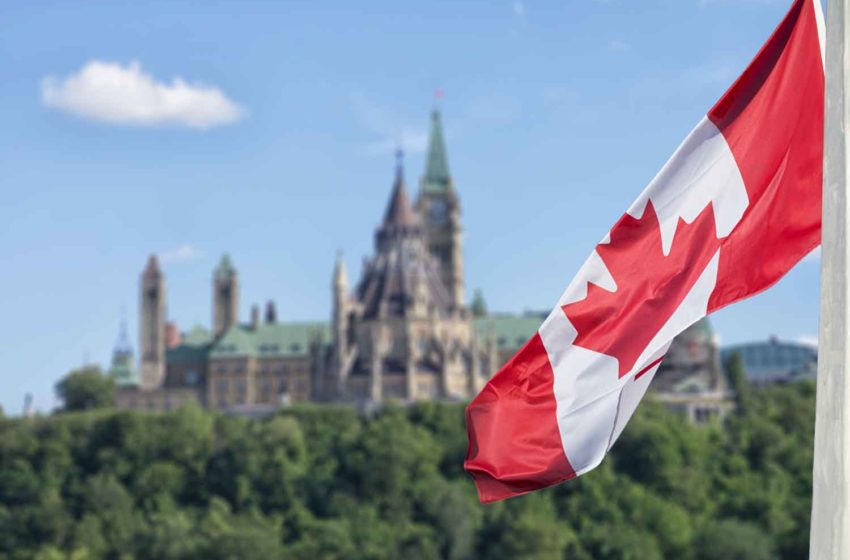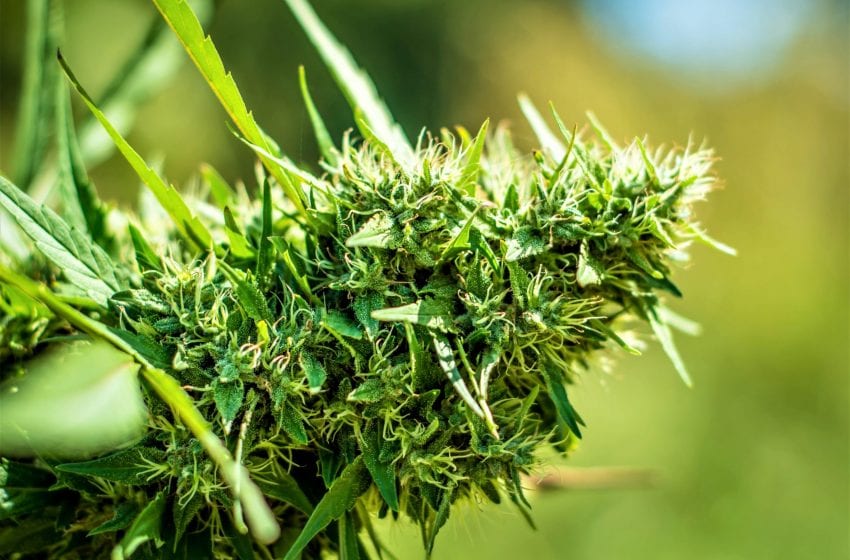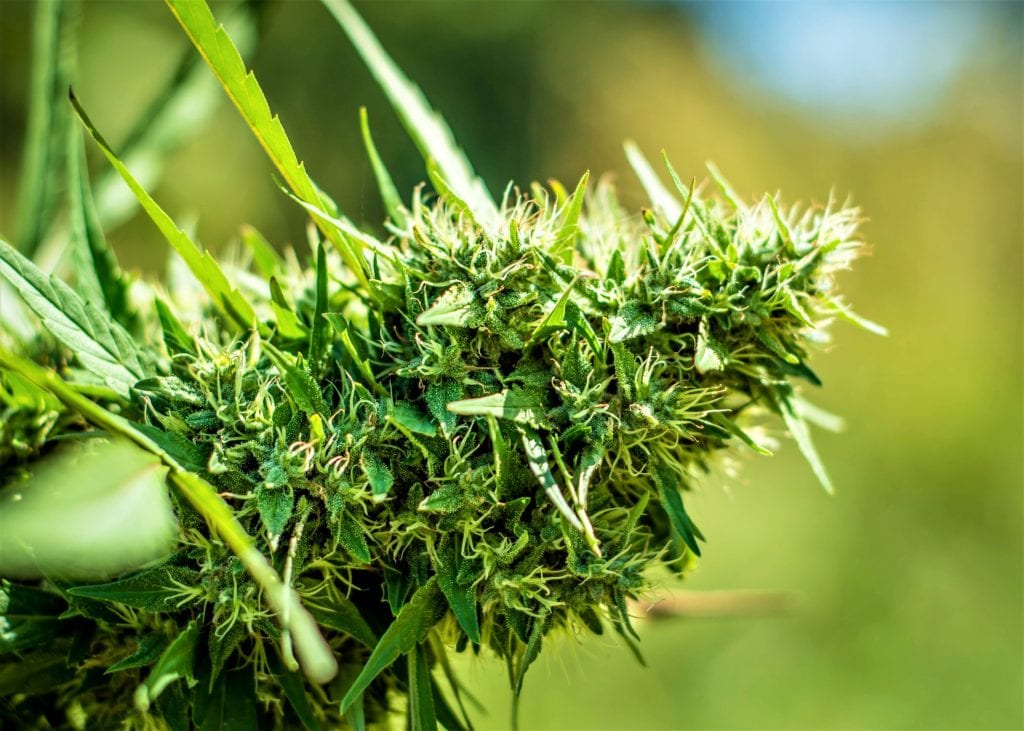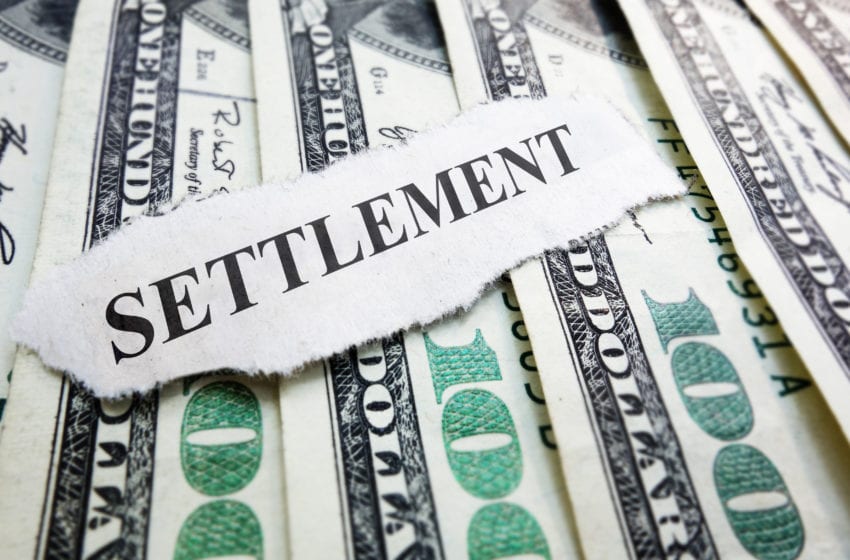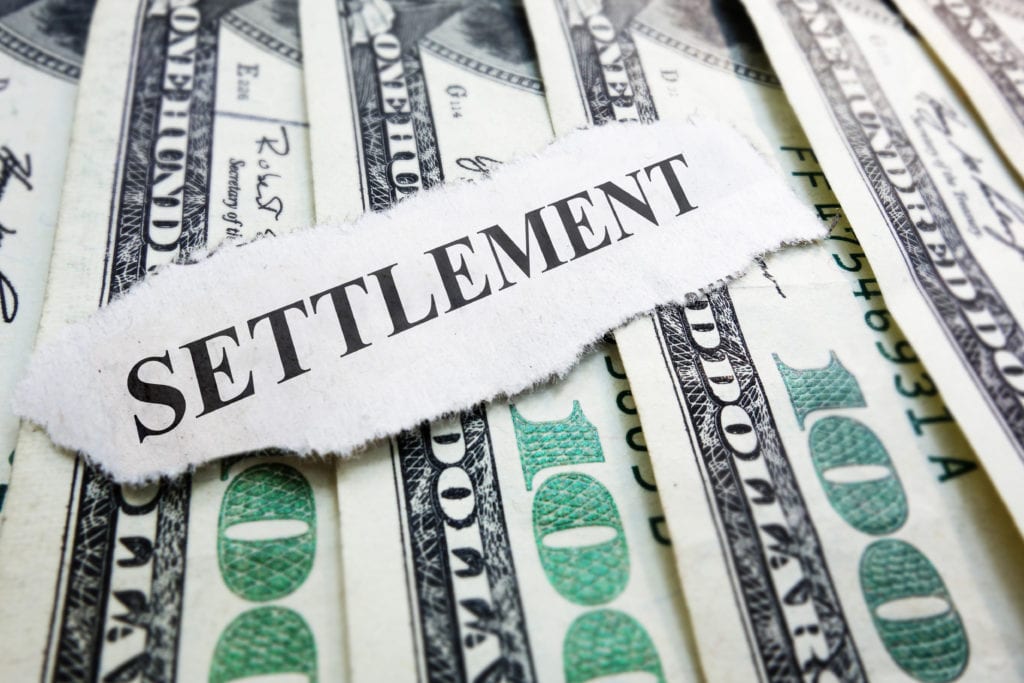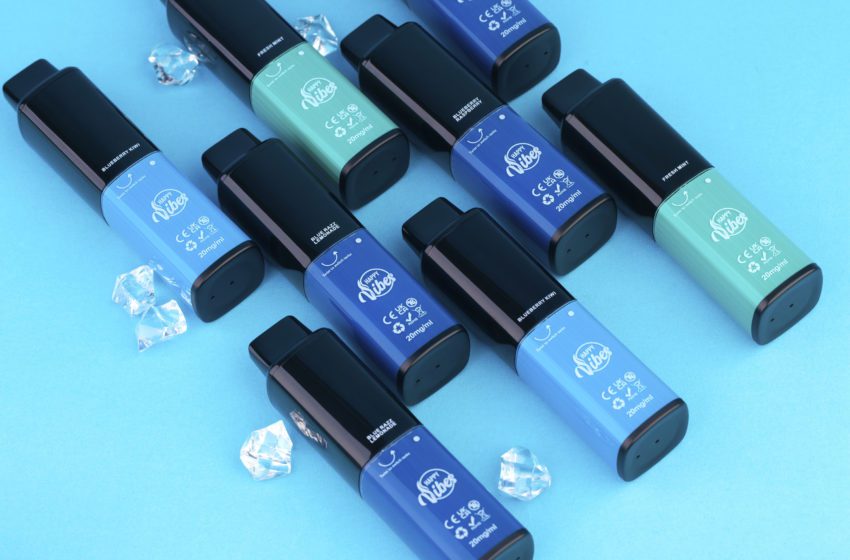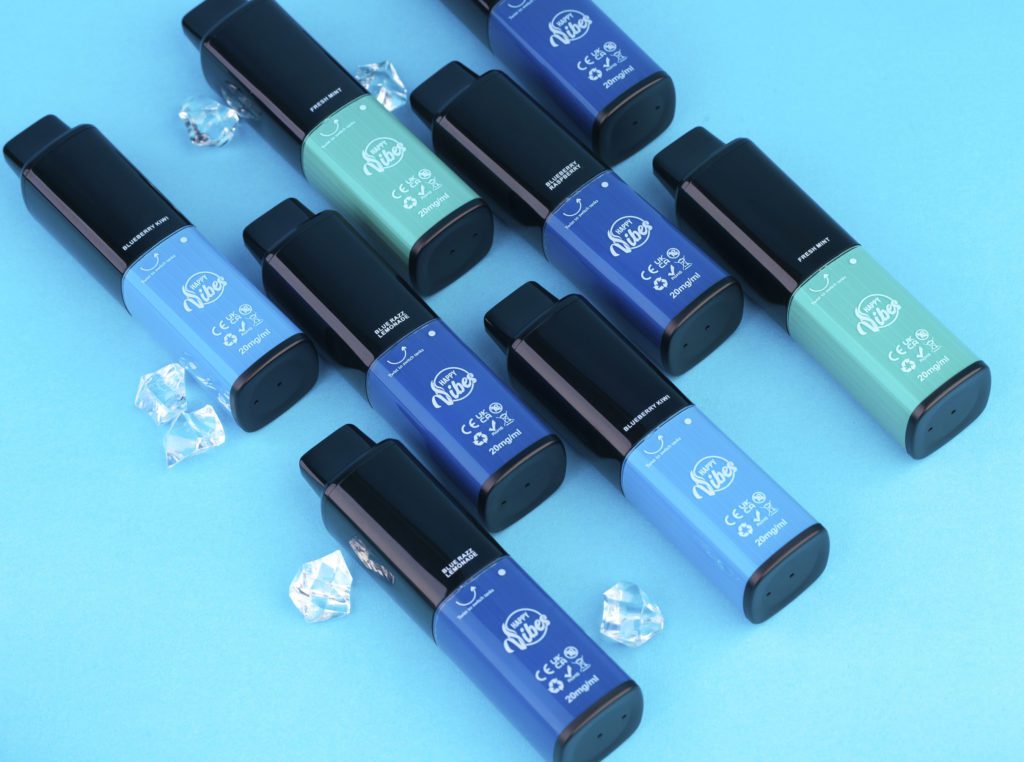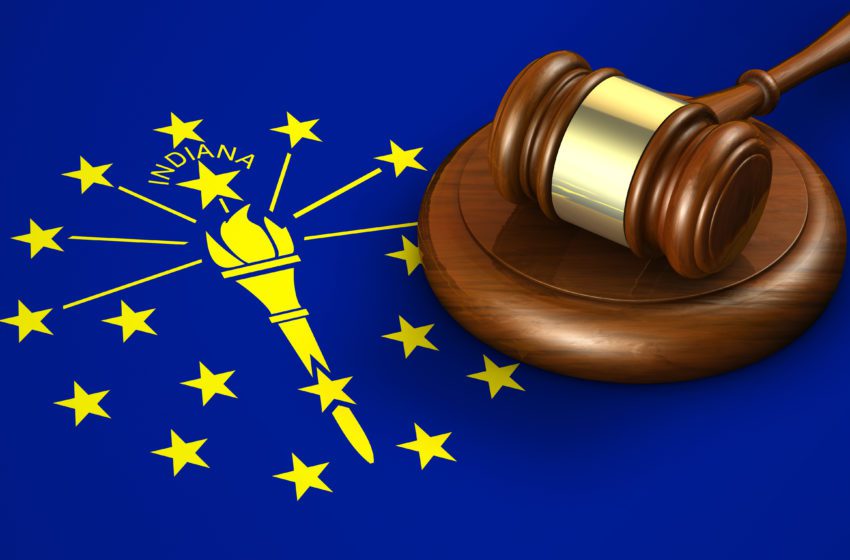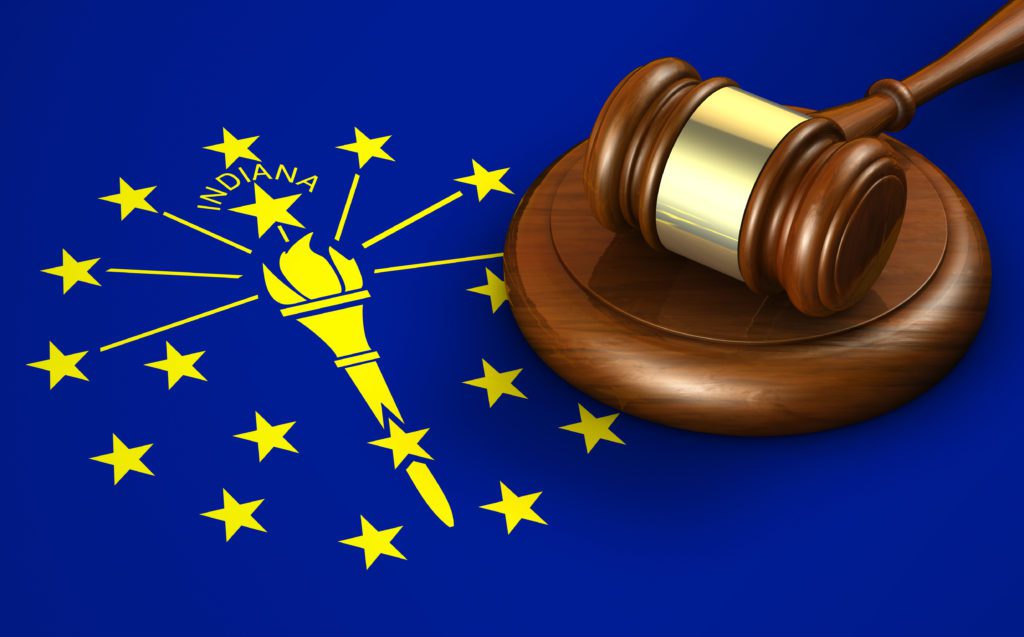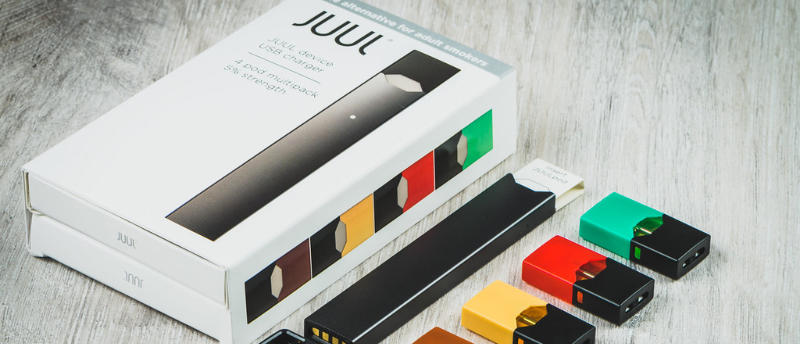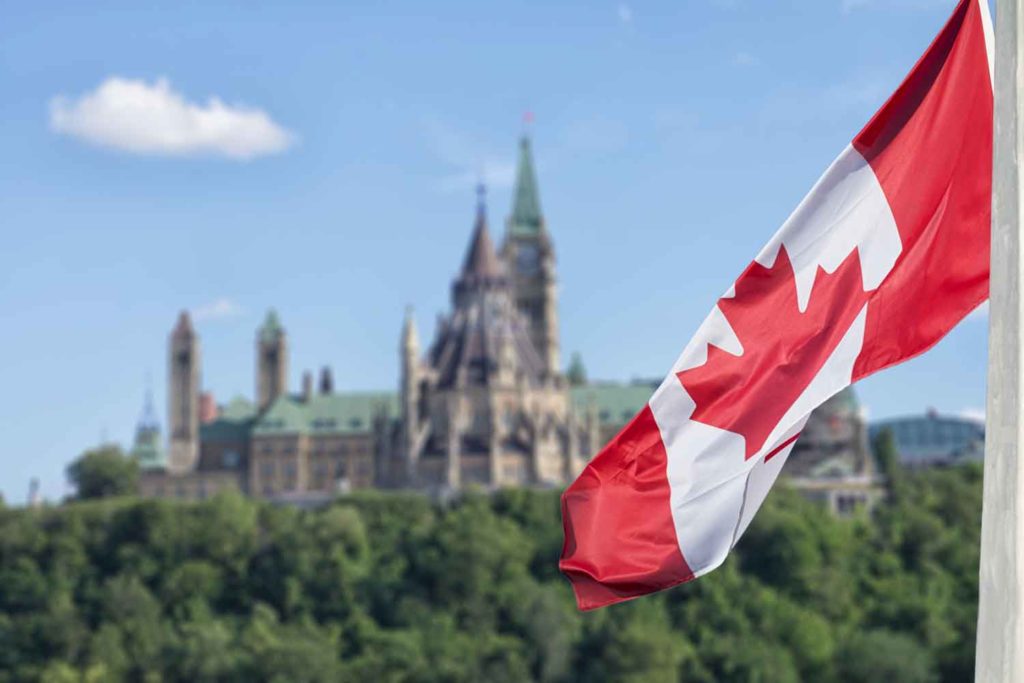
The results of Canada’s first legislative review of the Tobacco and Vaping Products Act (TVPA) has been submitted to its Parliament. The review focuses primarily on the vaping-related provisions of the TVPA, which includes an obligation for a legislative review three years after coming into force, followed by subsequent reviews every two years, according to a government press release.
Brought forth by the Honorable Carolyn Bennett, Minister of Mental Health and Addictions and Associate Minister of Health, the review is informed by public consultations and available evidence, which included peer-reviewed scientific journal publications, population-level surveys, and public opinion research.
“Vaping products offer the 3.8 million Canadians who smoke a less harmful source of nicotine than tobacco products, and do help people to stop smoking. These products, however, are not without risk — particularly to youth and people who do not smoke cigarettes,” Bennett said. “This first legislative review of the Tobacco and Vaping Products Act is a valuable opportunity to take stock of the progress we’ve made to address youth vaping – but there is more to do. Our government will continue to work to put the right safeguards in place to protect young people from the harms of vaping and nicotine addiction.”
The review’s findings suggest that the TVPA is making progress towards meeting the objectives it set out in relation to vaping. Notably, youth vaping rates, which were rising at a rapid pace, have leveled off over the past two years yet remain relatively high with more work to be done to protect youth.
- The TVPA was implemented in 2018 to respond to the increasing availability of vaping products in Canada and to help ensure that Canadians would be informed about and protected from the health hazards associated with vaping. It regulates the manufacture, sale, labelling and promotion of vaping products sold in Canada.
- The TVPA includes a requirement for a legislative review three years after coming-into-force, and every two years thereafter. Periodic reviews provide a means to examine and respond to tobacco and/or vaping related issues that may emerge over time.
- The review was informed by a public consultation that ran from March 16, 2022 to April 27, 2022. Canadians were encouraged to provide feedback on a TVPA Legislative Review Discussion Paper. Health Canada received 3,092 submissions as part of the public consultation.
- Information to help Canadians to quit smoking is available at Canada.ca/quitsmoking.
- Health Canada provided financial support to the Centre for Addiction and Mental Health to develop Lower-Risk Nicotine Use Guidelines. The Guidelines recommend that people who smoke cigarettes should try to quit using approved smoking cessation treatments first. If they are unable or unwilling to quit, vaping or e-cigarettes can be considered.
The review also identified areas for potential action, including examining access to vaping products by youth, communicating the potential benefits of vaping as a less harmful source of nicotine for people who smoke.
The report suggest smokers completely switch to vaping and addresses the health hazards, strengthening compliance and enforcement, and the scientific and product uncertainty in order to better understand the vaping product market and the health impacts of vaping.

